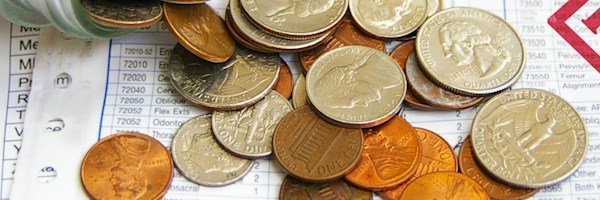A damaged property or unpaid rent can leave a landlord seriously out of pocket. Here are some steps to take to prevent this from happening.
While most tenants are often good tenants, leaving the property they have rented in almost the same state in which they found it and have paid their bills in full, there will always be a certain percentage who have either caused quite a bit of physical damage to the property or still owe money to the landlord. This small percentage is why many landlords will not rent to tenants who do not meet all their qualifying criteria, says Michael Bauer, managing director of estate agency SAProperty.com.
If there is a lot of damage to the property or unpaid utility bills or rent, the landlord could be left with the potential rental income for that year nullified, says Bauer.
Possibly the most important is the choosing of the tenant. The landlord needs to be very thorough in checking references (here it is important to check professional references like other agencies), affordability and verify employment. If the prospective tenants meet all the qualifying criteria, and have a stable income they are more than likely to pay all of their expenses each month and will want a stable living environment. This is the type of tenant one looks for, who is not likely to be problematic or cause damage, he said.
However, there might be a change in circumstances, which could cause a tenant to want to move out before their lease is up. If this does happen, the landlord must not, under any circumstances, allow them to renege on their last month’s rental payment as the deposit might not cover damages or other unpaid bills.
From recent statistics released by PayProp, it was shown that the average non-performing tenant leaves with R6 781 in unpaid rent, R2 168 in unpaid utility bills, and R3 894 in damages to the property. This adds up to R12 843, which is 1,9 times the average rental. This illustrates why landlords do need to hold at least 1,5 months’ rent as a deposit, in case of damages or non-payment.
One of the conditions of being able to charge a tenant for damages is if incoming and outgoing inspections were done, according to the Rental Housing Act. This ensures that there are no discrepancies with regards to the condition of the property and its contents. This inspection should be as detailed as possible, with date stamped photographs. This inspection list is then signed by both tenant and landlord and attached to the lease.
Whether landlords rely on an agent to check on their tenants or do it themselves, it is important to carry out interim inspections as well – every three months is optimal, says Bauer. This will give a clear indication of whether the property is being looked after and if there are any problems with the condition of the unit, this can rather be addressed earlier than later.
If landlords minimise their risk by screening tenants very carefully and checking on their properties throughout the lease period, loss of income through damages or unpaid rent could be avoided, and could lead to a successful long-term rental relationship – it is not unheard of for some tenants to stay on for years, because they felt it was their “home” and had a good working relationship with their landlord, said Bauer.
